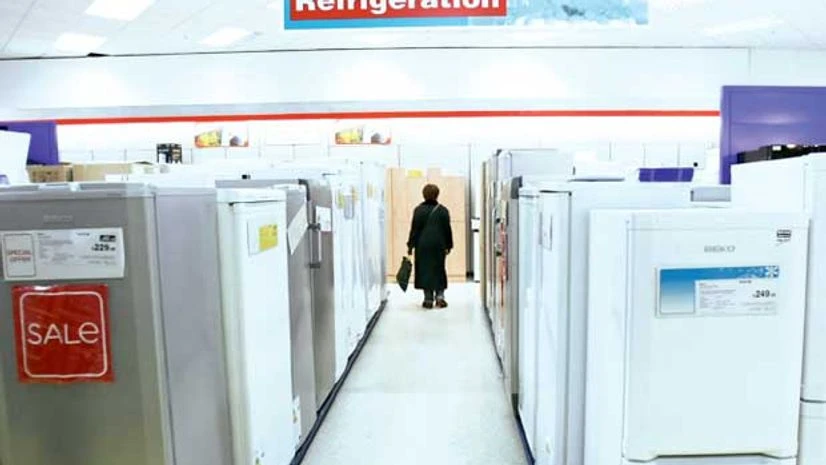Despite India changing its stance and keeping quiet, select developing countries were able to delay the launch of formal talks on the phasing out of climate change-causing refrigerant gases under the Montreal Protocol, meant to deal only with ozone-depleting substances.
Prime Minister Narendra Modi had signed a pact with US President Barack Obama during his visit to the US on hastening discussions for the phasing out of the refrigerant gases, called HFCs. The decision had surprised even sections of the Indian government.
India had till then refused such a pact noting that the alternatives to HFCs were either costly, because they were under patents, or yet untested for safety. It had also worked with other developing countries to demand that the phase out of these gases be dealt under the UN Framework Convention on Climate Change, the international agreement dealing with global warming gases, where developing countries could potentially get better compensated.
Also Read
India, China, the Gulf countries and other large developing economies form the main and the fastest growing market for the refrigeration industry and many of them have previously warned that the some of the costly alternatives are held under patents by select companies in the US.
Subsequent to the change of stance by the National Democratic Alliance government, India lay low on the issue when it was discussed at the on-going meeting of the Montreal Protocol at Paris. But, other nations, especially the gulf countries, continued to oppose the move in the face of demands from countries led by the US and EU. These included member countries of the Cooperation Council for the Arab States of the Gulf (GCC), such as Kuwait and Saudi Arabia on one hand and countries such as Malaysia, Indonesia and Venezuela on the other.
The US and others had demanded, like in previous years, that the 200-odd countries, members to the Montreal Protocol, set up a contact group to discuss the phase out of HFC gases. Setting up a contact group would have implied an in-principle approval of the idea with modalities of the phase out being detailed over time for a final decision.
But faced with continued opposition from Gulf countries, the US, too, backed off its demand for forming a contact group at the Paris meet. It, instead, offered a more time-consuming and long-drawn process of first setting up an informal group, which would over the next year set the terms of reference under which a contact group may be formed on the issue.
As a developing country negotiator at Paris, speaking with Business Standard, puts it, "We decided to confabulate on how to discuss the issue to come upon a decision at some point in the future." In real terms it implied that a formal decision on the prickly issue would not get concluded at the Montreal Protocol before the framework for the new global climate regime is also set, something India had originally strategised for till the Indo-US bilateral agreement changed that tack.
India had been keen on buying time at the Montreal Protocol on this issue for two reasons. A delayed decision here would buy Indian industry and government time to understand the economic implications of the change, while the global prices of the alternatives lowered. Additionally, it would keep the issue alive as a strategic trade-off for other possible gains at the main climate change negotiations for the Paris 2015 agreement.

)
